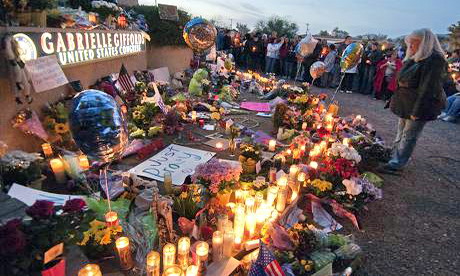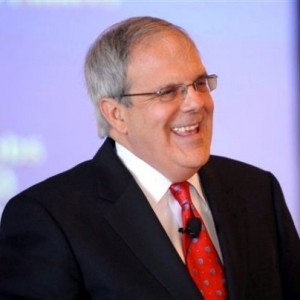After a life-changing experience, Boston area businessman Dave deBronkart has re-named himself E-patient Dave. My introduction to Dave took place on January 26th, 2010. We were both invited to make presentations in Washington D.C. at the Health 2.0 STAT event. This was my first rapid-fire Ignite or Pecha Kucha-style presentation, and, frankly, I was at first a little overwhelmed by the brevity. Having been a teacher for the first decade of my career, the experience was similar to following the Assembly Day bell schedule in any school. We had strictly limited time to “tell our story,” and as the first hospital CEO in the country to have had my own blog (beginning in 2005), it was a story that I had told before in cities like Chicago, Las Vegas, Washington D.C., Charleston. What I hadn’t expected to hear that evening was my fellow presenter Dave’s powerful and inspiring story.
Interestingly enough, after retiring from my hospital CEO position in 2008, my passion had been redirected toward the one thing that touched me the most during my 22 years of hospital administration, patient advocacy. It was simple to me. The United States of my youth was changing, but healthcare, not unlike many other professions, has always been filled with terms, attitudes and activities that are mysterious, confusing, sometimes inhuman and usually concealed from the very patients who are receiving the services and benefits. Consequently, it was my desire to reach out to every person to let them in on the “inside track” to healthcare, to share with them the insights gained by my two-plus decades in the business, and to help them get the excellence they truly deserve regarding treatment, respect and care. The result was my first book, Taking the Hell out of Healthcare.
Dave, on the other hand, told the story of his own very personal journey through his near-death experiences as a patient at one of the Harvard Hospitals. His very moving and special story was one that not only touched everyone’s heart; it also demonstrated the very deep and real need for transparency, communication and access to our own health records. Interestingly, the happy ending to Dave’s story was a twist on what had been a very moving and very different ending for one of my closest personal friends about two decades earlier. So, the good news for Dave was that they had refined, improved and eventually perfected that treatment that saved his life.
The most important aspect of his story, however, was that his physician encouraged him to seek input via the Internet from other people who had lived through similar experiences. It’s where Dave found the recommendation that later proved to be the secret to his survival.
Because of his compelling story, his amazing recovery and the beauty of having lived to participate in his daughter’s wedding, there was not a dry eye in the house. As a patient advocate, I freely admit that included my own eyes. Dave is exactly what this country needs right now. He is a man who is utilizing all of the tools available to all of us via Internet connectivity, and he is pushing hard for positive change that is sorely needed in our field. So, you go, E-patient Dave… don’t stop now. In fact, don’t ever stop.








